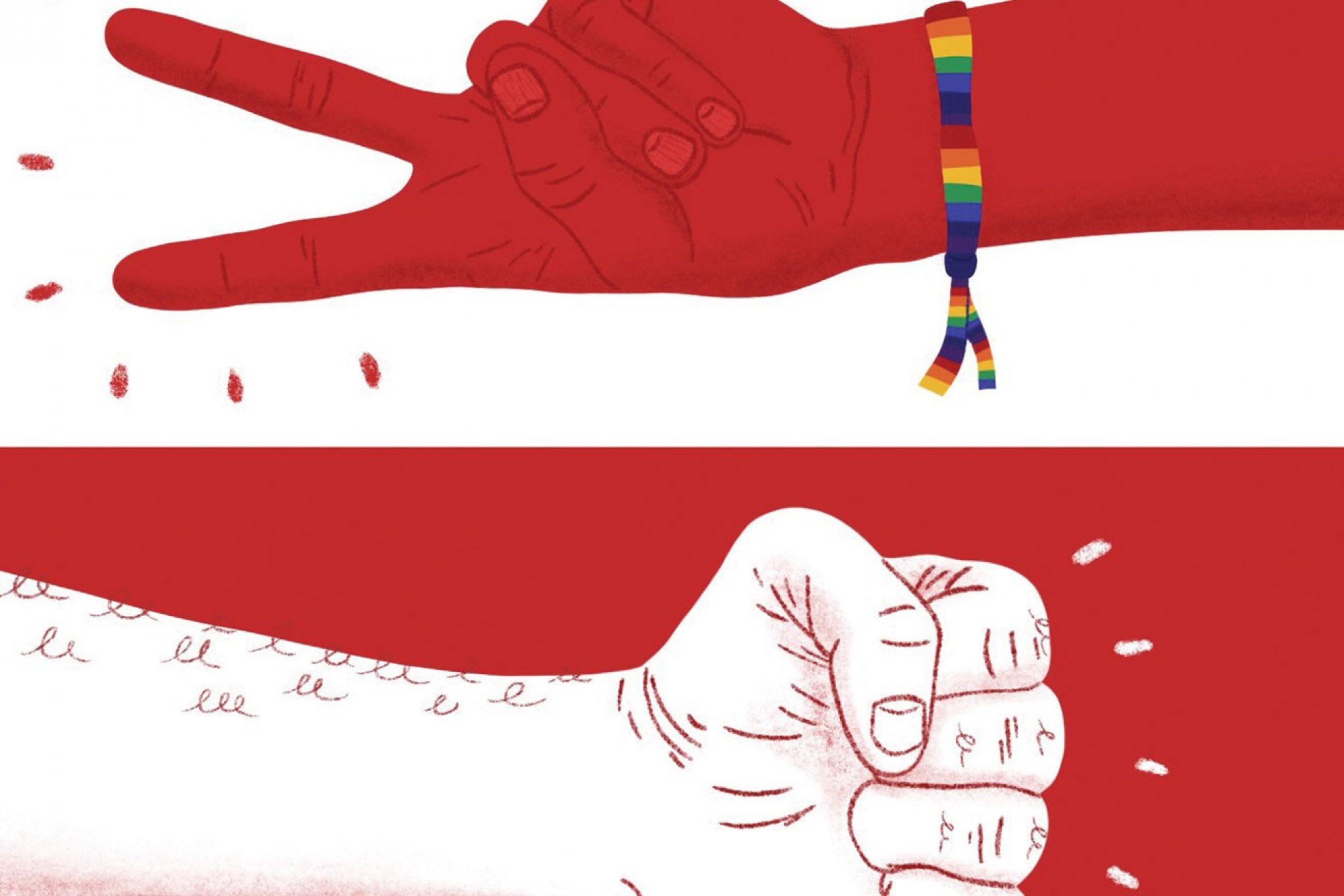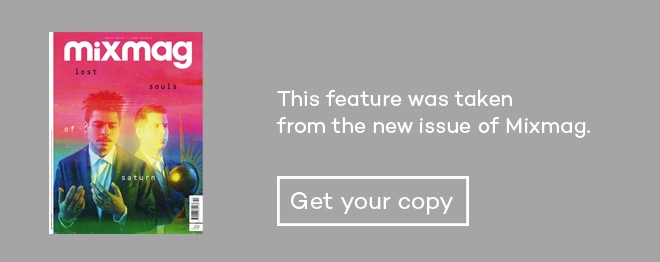 Comment
Comment
Poland's club community is tackling homophobic violence and right-wing bigotry
An attack on a Pride march revealed some ugly truths about Polish society
in the UK, conversations around Pride often seem to focus on concerns about commercialisation and brands ‘cashing in’. But this year, the first Equality March/Gay Pride in Bialystok (Eastern Poland) turned into a horror show. With police offering little or no protection, many of the marchers were beaten up by local football hooligans. We faced violence and hate which truly shocked us, despite the ongoing hostility of the party in power (PiS) towards the queer community.
As a sign of solidarity with the victims, many in the Polish media turned their logos into rainbow on Facebook. Following the lead of long-running techno brand INSTYTUT, which I’ve been involved with for a couple of years, the clubbing industry began to follow suit, including Sfinks 700 (the oldest club in Poland, at the seaside in Sopot), new Warsaw techno club 999, Szpitalna 1 in Kraków, Jasna 1 (one of the leading house / techno clubs in Warsaw) and the internationally renowned Unsound Festival.
In the discussion below INSTYTUT’s post there were lots of positive and supportive comments, but also some negative ones – and about 150 people left the fan page. It soon became clear that the industry itself wasn’t unanimous on the issue, either. Promoters Revive, responsible for events like Interior Festival and other parties since 2017, put out a statement to the effect that they were “not being political because there are always two sides of the story”, to which 90 per cent of Poland’s club nation reacted in shock. Did Revive have no clue about the roots of club culture in the queer community? How could they possibly equate people beaten for protesting against hate speech with the hooligans doing the beating? It was reminiscent of Donald Trump’s infamous “very fine people on both sides” speech after the racist violence in Charlottesville in 2017.
When Polish magazines such as Noizz and Sounddrive picked up on the story, more condemnation flooded in. An apology from Revive that emphasised their “support for the values of tolerance”, and condemnation of the events in Bialystok but still “regretted the polarisation of places that should be free of politics” seemed to make matters worse. Soon, Polish and international artists including Avalon Emerson, Neon Chambers, Sigha, Blazej Malinowski, Marco Shuttle, Schacke, Avtomat and Northern Rituals started cancelling performances at Revive’s Interior festival, planned for August 23-24 at an old Cisterian Monastery. Eventually the festival was cancelled.
While an example of solidarity, it was obviously a disappointing development for the 2–3,000 people looking forward to the event. Luckily, there are several more creative ways that the club community has showed its support. JASNA 1 organised a benefit party on August 9 called Music For Equality; about 800 people came and on Monday they presented LGBTQIA+ charities with the proceeds, 8500 PLN (about £1,700).
The Oramics collective – created as a platform to empower women, non-binary and queer people in the Polish electronic music scene, and since evolved into an independent booking agency – curated a compilation with Dutch artist Drvg Cvltvre called ‘Total Solidarity’, released in August. It took less than a week to collect more than 100 tracks from all kinds of electronic genres and producers far and near. The proceeds from the digital sales will support Polish organisations Kampania Przeciw Homofobii and Miłość Nie Wyklucza, both of which monitor homophobia, provide all kinds of support for queer people and will also help redistribute the proceeds throughout LGBTQIA+ organisations in smaller cities and towns, where they are needed the most.
The Polish club community is reacting not just to the violence at Pride, but to an evolving campaign of homophobia run by the right-wing Polish government, spread by the government media and fuelled by the Catholic Church (one priest from Krakow was widely quoted in the media: “the LGBTQIA+ community is a plague, a dangerous ideology, a threat to morality and Polish culture and should be fought with fire”). This atmosphere of disrespect, violence and hate has led many queer Polish people to depression, emigration – even suicide.
The dance music scene in Poland has started to take a stand. We want to take it further and do what we do best: share our passion for music and create spaces where we can all feel free and at home. Music, art and the club scene are all parts of culture and we can’t be indifferent to social turmoil or political oppression. On the contrary, right across the world this scene has always been the voice of resistance. Events in Poland should remind everyone that club culture is about much more than hedonism and forgetting about your everyday life, something more than just a way to make money: it is a powerful, positive force that can help and support others.
Artur Wojtczak is a journalist and communications director based in Warsaw, and Mixmag’s unofficial Polish correspondent
George Morton is a freelance illustrator, check out his website
Read this next!
10 of the best Polish techno tracks
Why greater representation really is making dance music a better place
6 party crews redefining the gay underground
Get the best of Mixmag direct to your Facebook DMs



